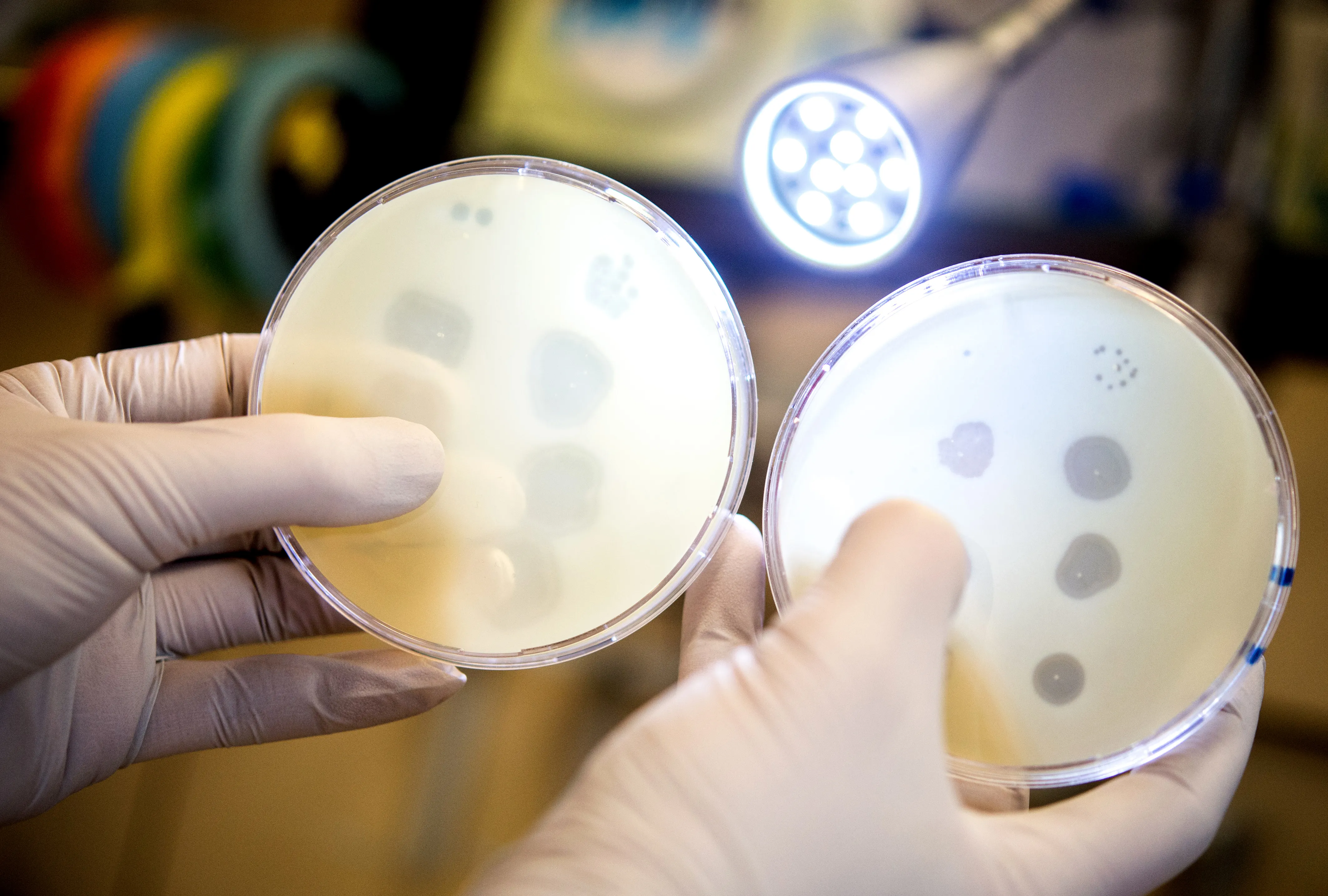Future Perfect: Phage Therapy's Impact on Global Health

The Evolution of Phage Therapy
As antibiotic resistance poses a growing threat to public health, phage therapy is surfacing as a groundbreaking alternative in health science. This natural treatment utilizes bacteriophages, viruses that specifically target bacteria, offering a potent tool against infections that resist traditional antibiotics.
Understanding Antibiotic Resistance
Antibiotic resistance is not just a scientific challenge but a global crisis in public health. The rise of drug-resistant infections demands urgent, innovative solutions.
- Over 1 million global deaths due to resistant infections in 2019.
- Disproportionate impacts are seen in sub-Saharan Africa.
- Modern medicine’s heavy reliance on antibiotics accelerates resistance.
Phage Therapy: A Solution on the Horizon
Phages, unlike antibiotics, evolve to outpace bacterial strategies, making them a potentially effective treatment option. They have been successfully used in various clinical trials and emergency situations, showcasing their promise in health innovation.
- Emergency or compassionate use of phage therapy is allowed by the FDA in the U.S.
- Progress is hindered by regulatory barriers in global health.
- Local phage options may significantly enhance treatment effectiveness.
Future Directions for Public Health
To utilize phage therapy effectively in regions like Africa, regulatory frameworks must evolve. Without dismantling existing barriers, the full potential of phage therapy as a forward-looking health solution will remain unfulfilled.
Disclaimer: The information provided on this site is for informational purposes only and is not intended as medical advice. We are not responsible for any actions taken based on the content of this site. Always consult a qualified healthcare provider for medical advice, diagnosis, and treatment. We source our news from reputable sources and provide links to the original articles. We do not endorse or assume responsibility for the accuracy of the information contained in external sources.
This article was prepared using information from open sources in accordance with the principles of Ethical Policy. The editorial team is not responsible for absolute accuracy, as it relies on data from the sources referenced.